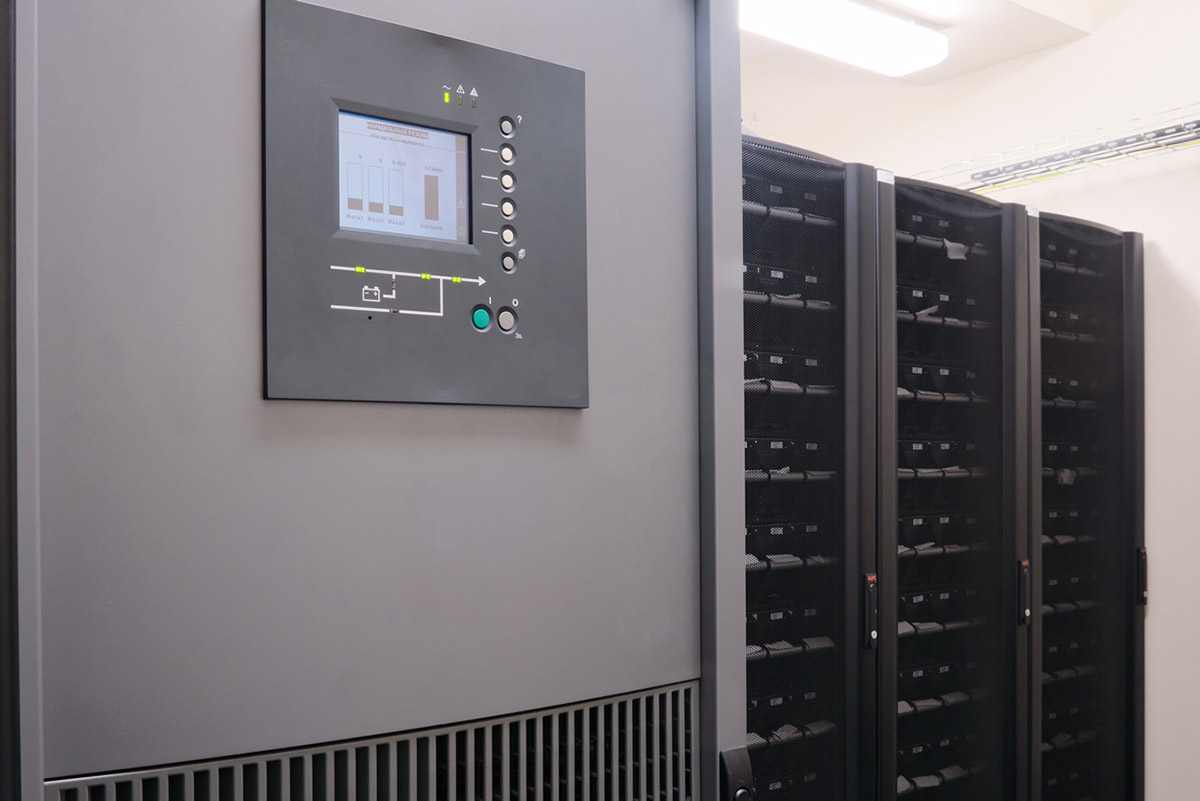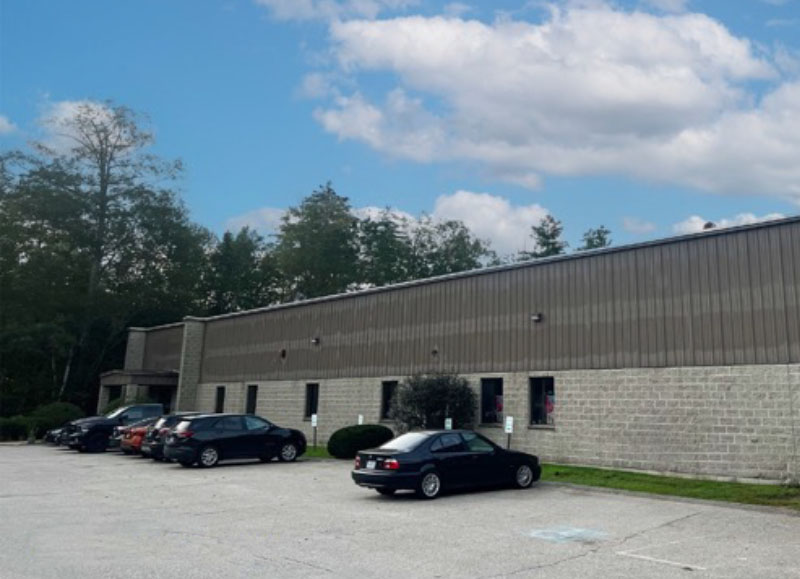Ask the electrician: How can I protect my equipment from power surges? - by Matthew Keenan

Power surges are hidden dangers that can damage your expensive equipment and shorten its lifespan. While the utility company works diligently and safely to guarantee stable voltage, fluctuations still occur. These variations, even minor ones, can significantly reduce the lifespan of your equipment from rooftop motors and air conditioners to computers and other sensitive equipment.
Surges can happen due to sudden changes in power demand or adjustments in voltage during peak usage times. While power companies aim to generate electricity based on demand, sudden shifts can cause temporary imbalances. For example, a factory shutting down for lunch can lead to surges in other areas before the supply is adjusted. During peak summer months, with high air conditioning usage, power companies may implement rolling blackouts or slowly reduce voltage by a few percentage points to maintain power across large areas.

These voltage fluctuations force your equipment to work harder than intended. Ideally, your equipment should receive power within a narrow range, typically around 5% of the designed voltage. While a small deviation is usually harmless, exceeding a 5% swing can put stress on motors and electronics, leading to premature wear and tear, sometimes reducing a piece of equipment’s expected lifespan from ten years to two years.
Uninterruptible Power Supply (UPS) systems offer a great solution to this problem. A UPS acts as a buffer between the utility grid and your equipment. It maintains a constant voltage, typically 120 volts, by drawing on batteries when the incoming voltage drops or using capacitors to absorb excess voltage.
This consistent power supply safeguards your electronic devices from damage caused by voltage fluctuations. It prevents computer crashes, hard drive failures, and ensures the smooth operation of other critical equipment.
A UPS can be particularly beneficial during power outages. When the main power source fails, the UPS takes over, providing clean power from its batteries until a backup generator kicks in. This seamless transition protects your equipment from surges associated with switching between power sources.
Power surges are a genuine concern for any business or institution that depends on reliable electronic equipment. Investing in a UPS system is a wise decision to ensure clean power delivery, safeguard your equipment, and extend its lifespan and minimize interruption to your infrastructure. It’s a practical approach to protecting your valuable assets, the services you provide, and preventing costly downtime.
Matthew Keenan is a project manager-estimator at Interstate Electrical Services, Cranston, R.I.








